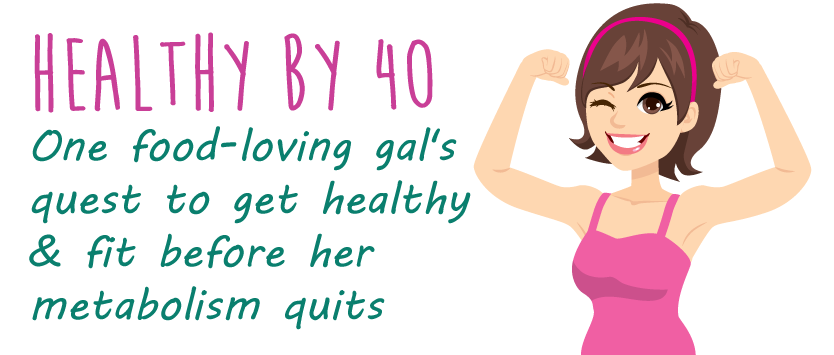As if having IBS or GERD isn’t bad enough, studies have shown that being diagnosed with one or the other puts you at a significantly higher risk of being diagnosed with the other and, according to a 2009 study published in Digestive Diseases and Sciences, “a first diagnosis of either IBS or GERD significantly increases the risk of a subsequent diagnosis of the other condition.” Similarly, a 2010 study published in the World Journal of Gastroenterology reviewed data from over 6,000 participants and determined that ~63% of those that were diagnosed with IBS also had GERD symptoms. What’s more, their research also found that having both GERD and IBS was more common in women, and that having both conditions made the symptoms of both conditions worse. So super duper yay for me!
Both conditions have symptoms that are exacerbated by stress/anxiety, leading to the belief that both conditions are the result of some kind of dysfunction occurring in the brain. At any rate, stress and anxiety are major problems for anyone with either of these conditions and even more so for those with both. Because of this, as mentioned on both The IBS Lowdown and The Word on GERD (& Acid Reflux/Heartburn) pages, it’s imperative to get a handle on coping with your stress and anxiety.


What you eat does, of course, have an effect on both your IBS and GERD symptoms. With both of these conditions, your doctor will likely advise you to go on a kind of “elimination diet” and keep a journal of your symptoms (both physically and emotionally) to try and determine what foods are trigger/problematic foods for you. Generally, the list of problem foods is longer than the list of acceptable foods! It would be nearly impossible to set forth a single list of foods everyone with IBS and GERD should avoid, and there are already numerous other websites with this kind of information (though beware they are often conflicting). With that said, the recipes on this blog (posted on or after 8/8/15) are designed to be safe for the majority of people with both conditions (or one or the other) as they do not contain any of the well-known widely acknowledged problematic foods or they contain very small quantities of potentially problematic foods which, in that small quantity, should not pose a problem for the majority of IBS and/or GERD sufferers. For those recipes that contain ingredients that may pose problems for people with severe cases, additional notes are made as to how to work around that. There are also notes regarding limits on serving sizes and what food(s) to avoid on the days you eat the recipes, to help prevent any symptoms.
The recipes on here are based around the only real cohesive, complete “food plan” out there (online, anyway) for IBS, with modifications to take into account the GERD trigger foods. This food plan is called the Low FODMAP diet, developed by Monash University in Melbourne, Australia. I really hate using the word diet – which inherently means you’re depriving yourself – so I call it the low FODMAP food plan instead. Rather than looking at it in terms of being deprived of certain foods, it’s more of “finally! A list of foods I really can eat!” What is so great about this plan is that it not only focuses on what foods you should or shouldn’t eat, but also specifies the limit on how much of each food should be consumed in any one serving. While the low FODMAP food plan is technically an elimination diet, it can also work as an overall food plan (along with any necessary nutritional supplements) for a healthy lifestyle and to avoid dealing with any potential trigger foods. I won’t go into it any more on this page, as all the information regarding this food plan is on the “The Low FODMAP Food Plan” page.
Unfortunately, it doesn’t stop at what you’re eating (and how much of it), as the severity and frequency of your IBS and GERD symptoms and flare-ups is just as much about how you’re eating as what you’re eating.

And again, if you are experiencing symptoms of IBS and/or Heartburn/Acid Reflux/GERD, while I encourage you to implement the abovementioned lifestyle changes right away, you absolutely should go see your doctor ASAP, especially before making any drastic dietary changes! It’s important to make sure that nothing else is going on and that it is safe for you to make certain dietary changes. So go to the doctor and get it out of the way, then you will feel much better when you find out everything else is ok and you have a clear path in front of you to take control of your symptoms and overall health.
Now that you (hopefully) have a better understanding of how IBS and GERD are connected to one another, check out the other digestive health pages to learn about what IBS and GERD are (and aren’t), how to shop with dietary restrictions and just what the heck this Low FODMAP food plan is all about: The IBS Lowdown, The Word on GERD (& Acid Reflux/Heartburn), Low FODMAP Food Plan, Shopping w/Dietary Restrictions and What a Symptom-Free Day Looks Like.








